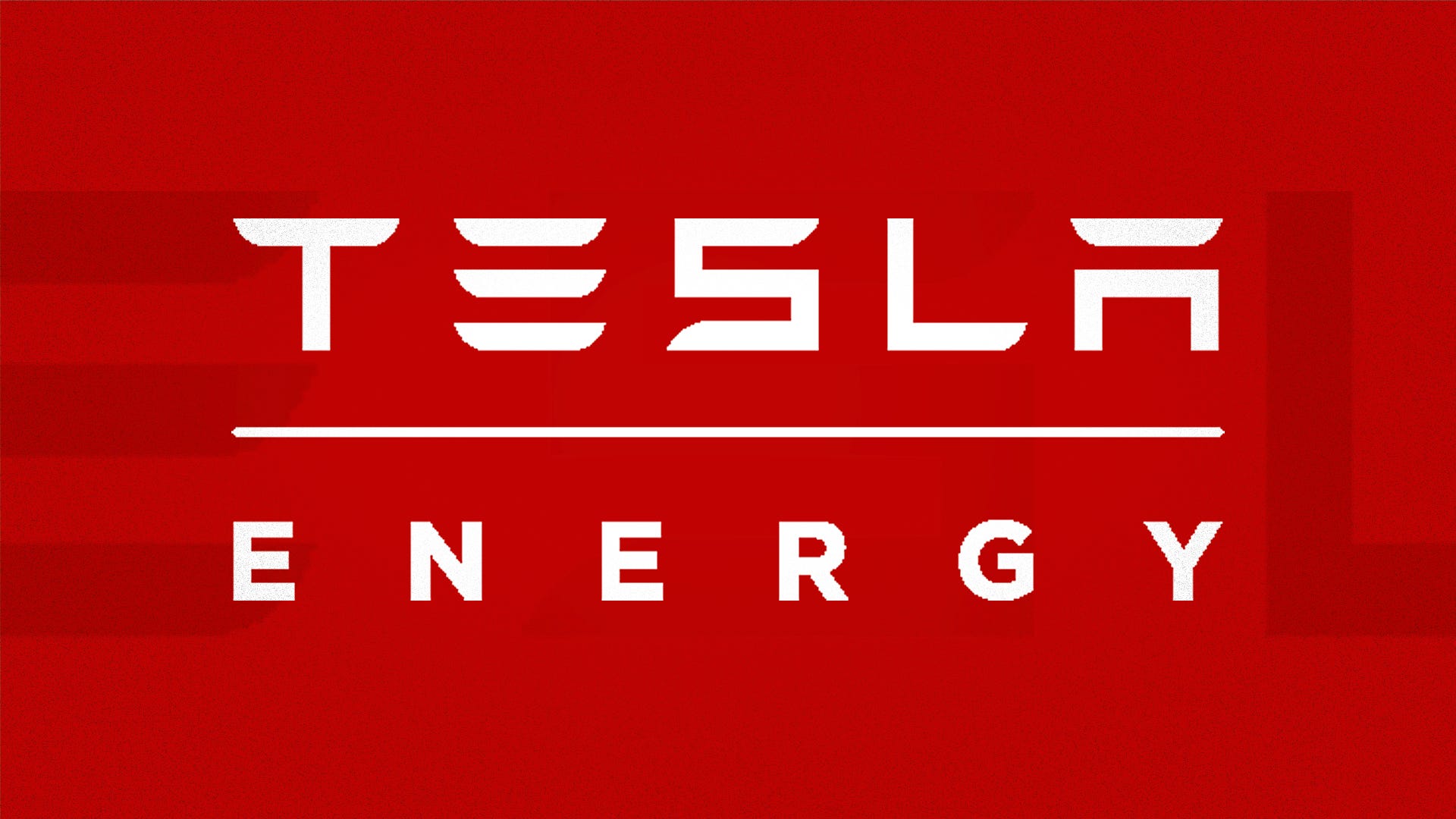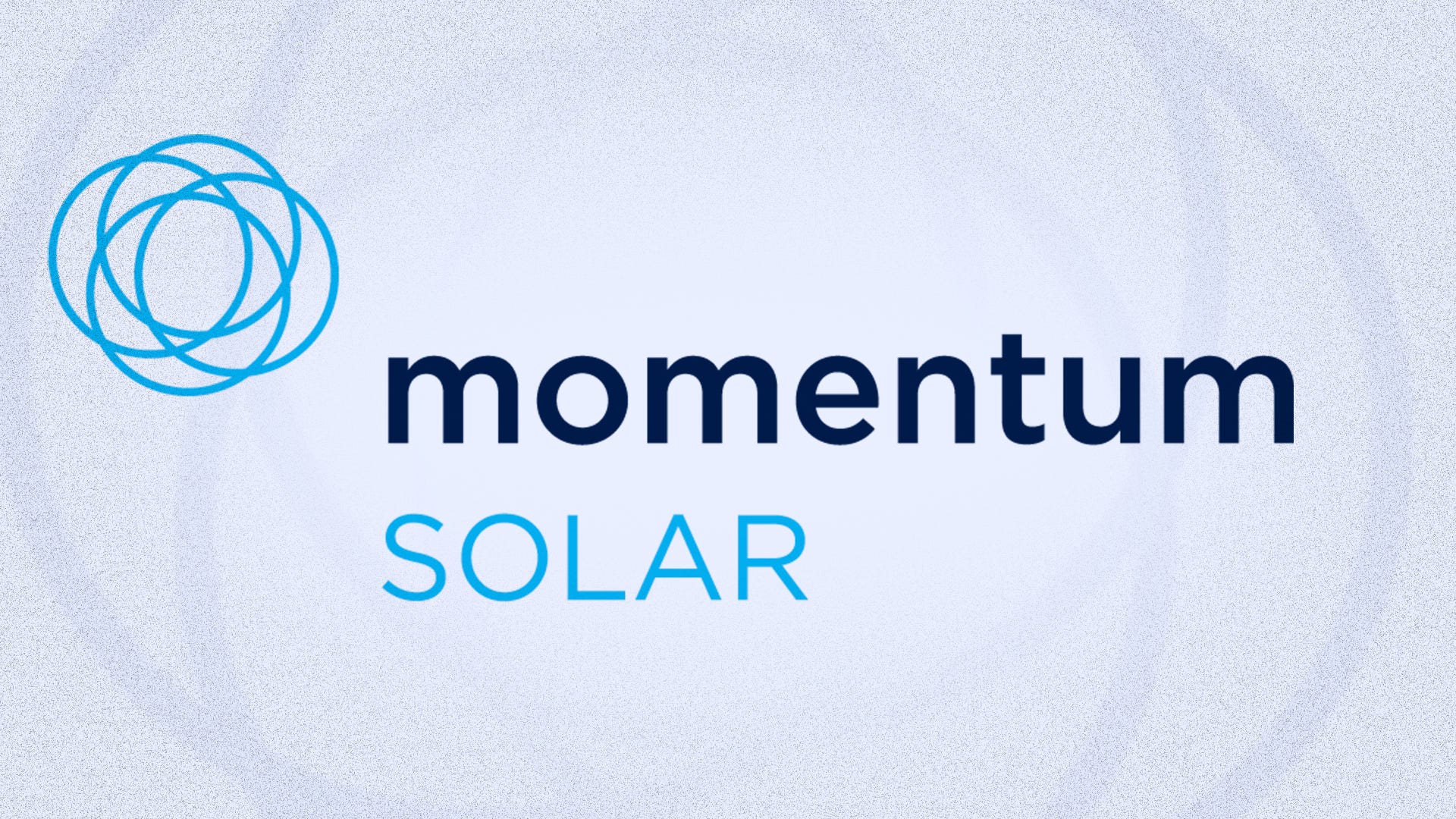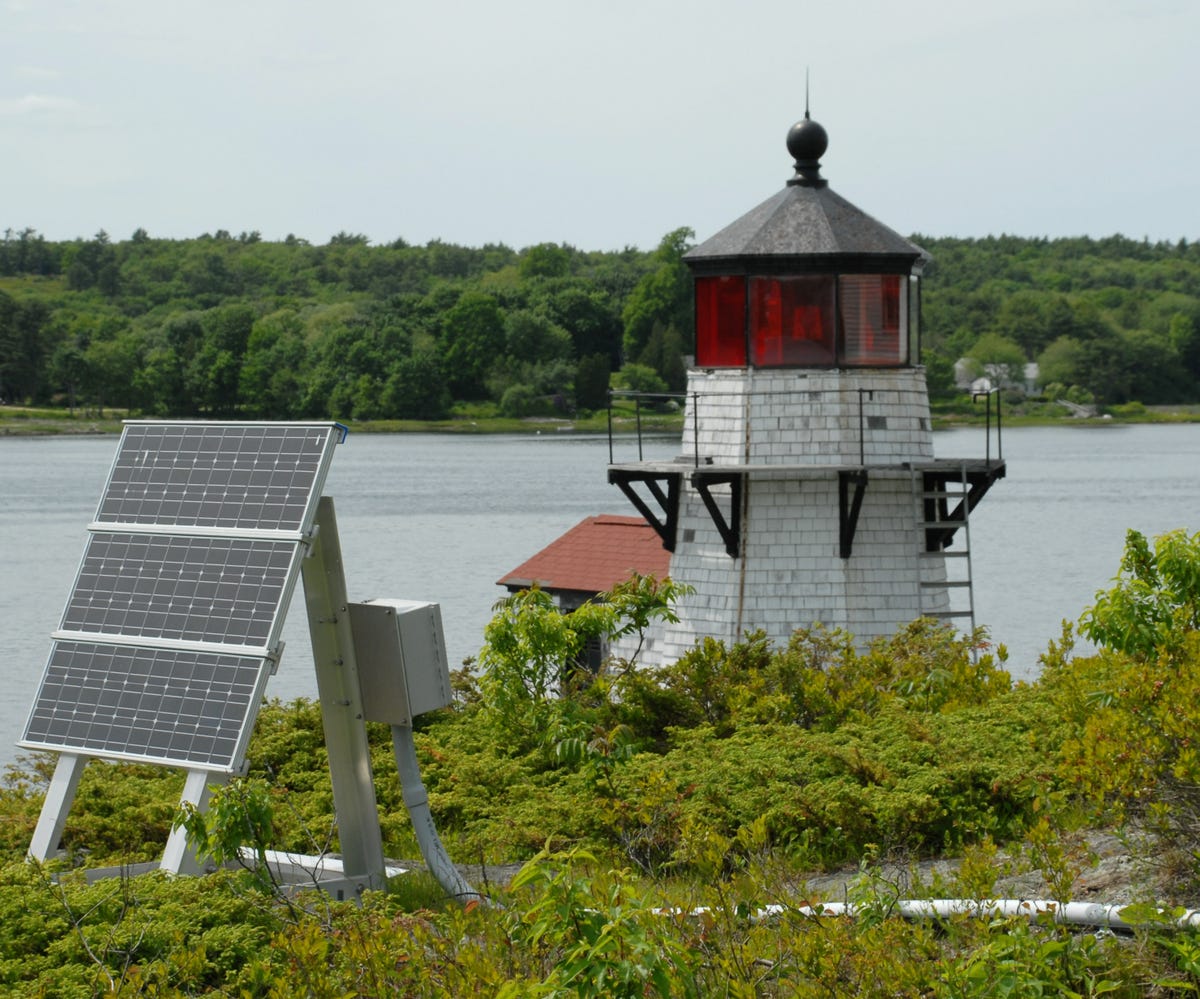With 121 gigawatts of solar power nationwide, it’s fair to say residential solar panels are becoming a popular option. Even in the New England area, there are plenty of great solar panel installation companies and incentives to make it worth your while.
Even though tons of people are installing solar, it can be a difficult decision to make, since each situation is different. A roof might be angled or shaded differently than a neighbor’s. A utility might offer a great (or terrible) net metering deal, making your panels even more valuable. State incentives might make purchasing solar panels easier.
New England states offer varying incentives that might make solar panel installation a more worthwhile prospect for you. The aforementioned net metering deals allow you to make use of the excess energy your solar panel system generates by sending it to the grid, crediting you for when you need to draw power outside of peak sunlight hours. Property tax exemptions might allow you to forego paying additional property taxes on the value a solar panel system adds to your home. Incentives in New England vary by state, but we’ll break that down in a little bit.
Even so, enough regional similarities exist (like electricity costs, solar costs and climate) to make a bird’s-eye view worthwhile. Here’s a look at some of the best solar companies operating in New England — and then all of the other factors that might influence your decision to install solar panels.
The best national solar panel installation companies in New England
You have numerous choices when picking a solar panel company. Here are some of our picks among national companies that operate in New England, although you may also want to consider local installers or other companies.
Palmetto Solar
Best overall
Solar panels are typically low maintenance equipment, but they’re also unfamiliar. If you want to reap the benefits of solar but will have a bit more peace of mind if someone else is making sure it’s working, Palmetto might be a good fit for you. Just remember to add the cost of Palmetto’s monitoring service in to your payback period calculations.

Tesla Solar
Most affordable
Tesla’s solar branch seems to be the least loved of Elon Musk’s ventures. Even Tesla’s Solar Roof seems to get more love.
If price is the thing you won’t budge on, consider Tesla. By all accounts, Tesla installs quality panels and makes the closest thing there is to a household name in solar storage: the Powerwall.
Where you might miss out is customer service. Discussion online seems to suggest Tesla’s service is a bit of a gamble.

Momentum Solar
All in-house installers
Momentum installs in 11 states without using subcontractors. While using in-house installers doesn’t guarantee a better experience, it does suggest you’re likely to get a more uniform experience from Momentum. The fact that Momentum backs its installations with a 25-year workmanship warranty hints at a strong belief in its crews’ ability. If Momentum is part of your search, consider the warranties against leaks that other companies offer. Momentum’s is five years, which isn’t the best.
How to determine which solar company is best for you
The Solar Energy Industries Association reports homeowners in the New England have many solar installers to choose from. For our purposes here, we’re calling New England the states north and east of New York: Connecticut, Maine, Massachusetts, New Hampshire, Rhode Island and Vermont. Here are the number of solar installers in each New England state as of 2023: Connecticut 65; Maine 31; Massachusetts 197; New Hampshire 24; Rhode Island 11 and Vermont 39.
It’s important to research your local solar companies before choosing to draw up a contract with one. Each solar company has different ways of performing installations. While many solar companies keep installation in-house, other companies outsource installation to subcontractors. Make sure to ask about this during any consultations you set up.
Finally, while it might feel easy to rush the decision-making process, you might need to pump the breaks. Make sure that you’re getting the best deal possible from a company that offers a price, product and warranty that meets your needs. It’s important to get at least 4-5 bids to play the field and see which options work best for your personal situation.
The cost of electricity in New England
For New England, the average electricity bill was $170 in September 2023, up from $161.50 the previous September, according to the US Energy Information Administration. Here’s the average September 2023 bill for each state: Connecticut $199.97; Maine $149.70; Massachusetts $172.88; New Hampshire $139.33; Rhode Island $173.87 and Vermont $109.10.
The cost of solar panels
Solar panels vary in price by location for a lot of reasons. Soft costs, like the cost of labor, permitting and getting permission to connect a solar system to the grid, depend in part on location. While the cost of the solar panels themselves has fallen by about 40 cents per watt per year, the soft costs associated with installations only fell by 10 to 20 cents per watt per year.
Data from FindEnergy showed the average price per watt at $3.67. In New England, FindEnergy’s average per-watt prices were reported at $3.75 in Connecticut, $3.80 in Maine, $4.06 in Massachusetts, $4.22 in New Hampshire, $4.07 in Rhode Island and $3.85 in Vermont.

Solar panels produce electricity on cold, clear days.
Here’s a look at the average cash price for typical solar panel systems in Connecticut, Maine, Massachusetts, New Hampshire, Rhode Island and Vermont before factoring in tax credits and incentives, according to data from FindEnergy.com.
Average cost of solar panels in New England
| Typical system size (kW) | Price per watt | Total installed cost | Cost after 30% federal tax credit | |
|---|---|---|---|---|
| Connecticut | 6 | $3.75 | $22,500 | $15,750 |
| Maine | 6 | $3.80 | $22,800 | $15,960 |
| Massachusetts | 5 | $4.06 | $20,300 | $14,210 |
| New Hampshire | 6 | $4.22 | $25,320 | $17,724 |
| Rhode Island | 5 | $4.07 | $20,350 | $14,245 |
| Vermont | 6 | $3.85 | $23,100 | $16,170 |
| National average | 8.6 | $3.67 | $31,558 | $22,091 |
The cost map below tracks the average total cash price, cost per watt and system size for a solar panel system in your state, according to data from FindEnergy.com. Prices listed don’t consider tax credits or state incentives in the calculations. Certain states don’t have any FindEnergy solar data and are grayed out on the map.
How to pay for solar panels in New England
A solar panel system is an investment that’ll save you money in the long-term, but it’s going to come with a steep upfront cost. Most people aren’t going to have the $20,000 to $30,000 it takes for rooftop solar installation on hand, so it’s important to know the different financing options that are available for solar panel buyers across the New England region. Here’s a look at solar panel financing options, as well as the pros and cons attached to each one.
Cash: Though paying for your solar panel system upfront is the cheapest financing option in the long-term, it’s just not going to be feasible for many homeowners. If you can cough up the $20,000 to $30,000 required for the solar panel installation, though, you’re on track for earlier savings with a much shorter solar payback period.
Solar loan: Depending on what installer you choose, it may have a relationship with a bank or another local financial institution willing to offer special solar loans. This could be a good financing option for you, but it’s best to look at several solar loans to make sure you’re getting the best rates.
HELOC/Home equity loan: A home equity line of credit and a home equity loan are both financing options that use the paid-off equity of your house as collateral for solar panel installation. Failure to pay these off in time can cause the financial institution to foreclose on your house to recoup their investment, so this financing option definitely won’t be for everyone. This option also complicates selling your home, so make sure that you know you want to stay put before you lock in a HELOC or a home equity loan.
Personal loan: Your preferred financial institution may be willing to offer you a personal loan for the solar panel installation, if a solar loan or home equity loan isn’t for you. It’s worth noting that unsecured personal loans generally have more favorable rates, since they aren’t collateral based loans. That doesn’t mean you shouldn’t be getting multiple offers and shopping around for the best deal before you lock in a loan, though.
Solar lease: It’s possible to lease a solar panel system from a solar company instead of purchasing the materials for your installation. You’re not going to reap the full wealth of benefits that are attached to solar installation if you go with a solar lease, but this might be the best option for homeowners who can’t tax advantage of tax credits — such as retirees.
Power purchase agreement: In some states in New England, solar companies may offer you a power purchase agreement. Although the company installs the solar panel system for free under this contract, it differs from a solar lease in a number of ways. Instead of paying a monthly fee for the panels, as you would under a solar lease, you pay the solar company per kilowatt-hour of energy generated by the solar panel system. Power purchase agreements are complicated contracts with a number of pros and cons, so it’s important to weigh them carefully before locking in this financing option.
Solar incentives in New England
CNET recently ranked states based on their residential solar policies: the laws and regulations affecting consumer-level solar panel installation and adoption. These policies play a major role in determining how accessible and affordable a solar panel system is to the average resident.
Each state was evaluated through a methodology and scored based on eight categories. The final score was converted to a letter grade.
Here’s how New England states scored on CNET’s solar policy test.

A small solar array powers a lighthouse in Maine.
The solar potential of New England
While New England is exactly across the country from the US solar powerhouse in the southwest, it’s actually one of the places with the highest solar adoption per capita, thanks in no small part to the incentives mentioned above.
Solar potential can be measured in a couple of ways. One standard measures how much electricity a square meter solar panel will produce in a day if installed pointing directly up. By this metric, the cloudy New England states are near the bottom, according to the National Renewable Energy Laboratory. Most of New England sits between 4 kWh and 4.5 kWh per square meter per day. At the other end of the spectrum, the same square meter solar panel in New Mexico and Arizona will likely produce closer to 7 kWh.
You don’t need to produce a lot of electricity if you’re not using a lot of electricity. If you compare the amount of electricity an average rooftop solar array can generate to the average household electricity consumption, New England is near the top of the list. Per the same NREL report, in Rhode Island, rooftop solar can cover 80-90% of a house’s energy consumption on average. In Connecticut, Maine, New Hampshire and Vermont, the average rooftop solar array can cover 90-100% of the average house’s energy consumption. In Massachusetts, it’s over 100%. One reason for this might be that New Englanders use a lot less energy on air conditioning than the rest of the country.
While the northeast gets less sun than the rest of the country, solar still has great potential to pay off — as it does in most places in the US.
Installation factors to keep in mind
The cost of solar panels and various statewide incentives aren’t the only things you want to keep in mind before going through with a solar panel system installation. Each person’s situation is unique, and you’ll have to make sure your home can support a solar panel system that’ll be able to generate enough energy to power your appliances. Here are some of the biggest installation factors to keep in mind as you make this decision.
Roof condition and angle: If your roof is in rough shape, it might not be possible to perform a rooftop solar installation. This can be an expensive additional cost to the solar installation process, so it’s worth considering before you’re knee deep in consultations. The angle of your roof is important, too. If it doesn’t get enough sunlight, your potential solar panel system might not be able to generate enough power for all of your appliances. Here are the angles most conducive to solar energy generation.
Insurance: Before you install rooftop solar, make sure your homeowner’s insurance has the proper coverage to protect you in case anything happens to your solar panel system. Many policies already cover solar panels, but it’s best to check in with your provider and make sure that’s the case.
Climate: Weather conditions and peak sunlight hours won’t be too different throughout the New England states, but it’s important to make sure you’ll see enough sunlight for your solar panels to generate enough electricity to power your home.
HOA Regulations: If you live in an area governed by an HOA, you’ll likely need to get your solar installation approved by the board before you start your project. Certain states prevent HOAs from limiting your solar installation, so make sure to consult your solar company about this.
Cost and time: Solar panel installation is an expensive endeavor, and the financial benefit is long-term. If you don’t think this is your long-term home, and won’t be staying in it over the solar payback period, solar panel installation will likely only lose you money. Consider how long you’ll remain at a given residence before installing a solar panel system.
How we found the best solar panel companies
The companies we listed above as “the best” are curated from CNET’s best solar companies list. Companies making the best list are scored on the equipment, warranties and customer service they offer. Then, we make sure these recommendations are available in your state. You can read a full breakdown of how we review solar companies here.
Companies listed under the local installers were chosen in a less rigorous way. We chose them because they offered something unique or notable to customers in the state, they seemed well-regarded by internet reviewers or because they were one of the few installers we could find information on in the state.
Whether we’ve completed a full review on a company or not, it’s always a good idea to get multiple quotes from different installers before choosing a company.
New England solar panel FAQs
What are the advantages of solar panels?
How long does it take to pay off solar panels?
The solar payback period for a given system depends on the size and cost of the solar panel system you have installed, the payment method you chose, your consumption patterns and a few other factors.
Do New England states offer a solar tax credit?
All US residents have access to the 30% federal tax credit. State-level tax credits or exemptions vary depending on which New England state you reside in.


